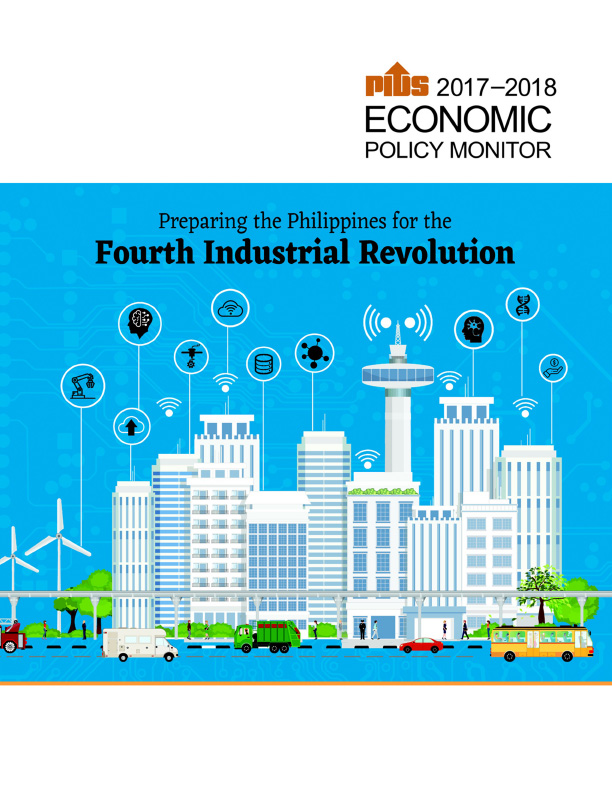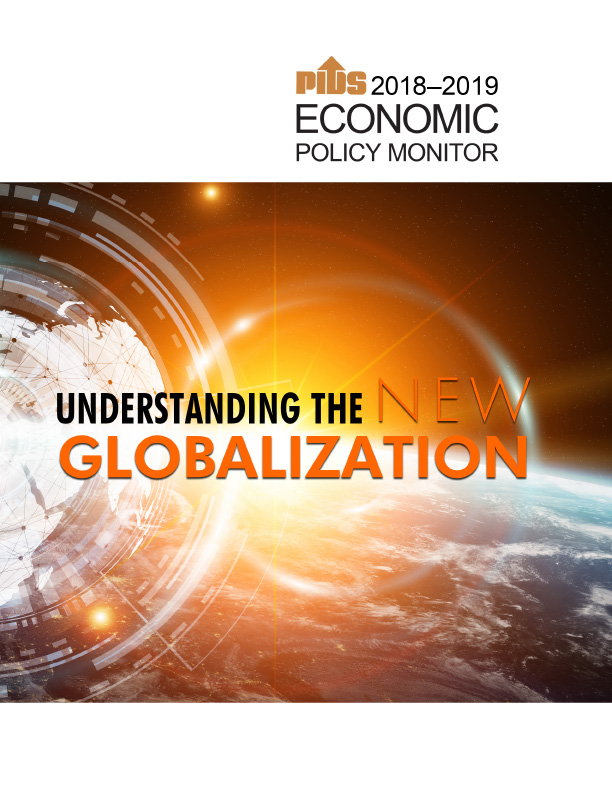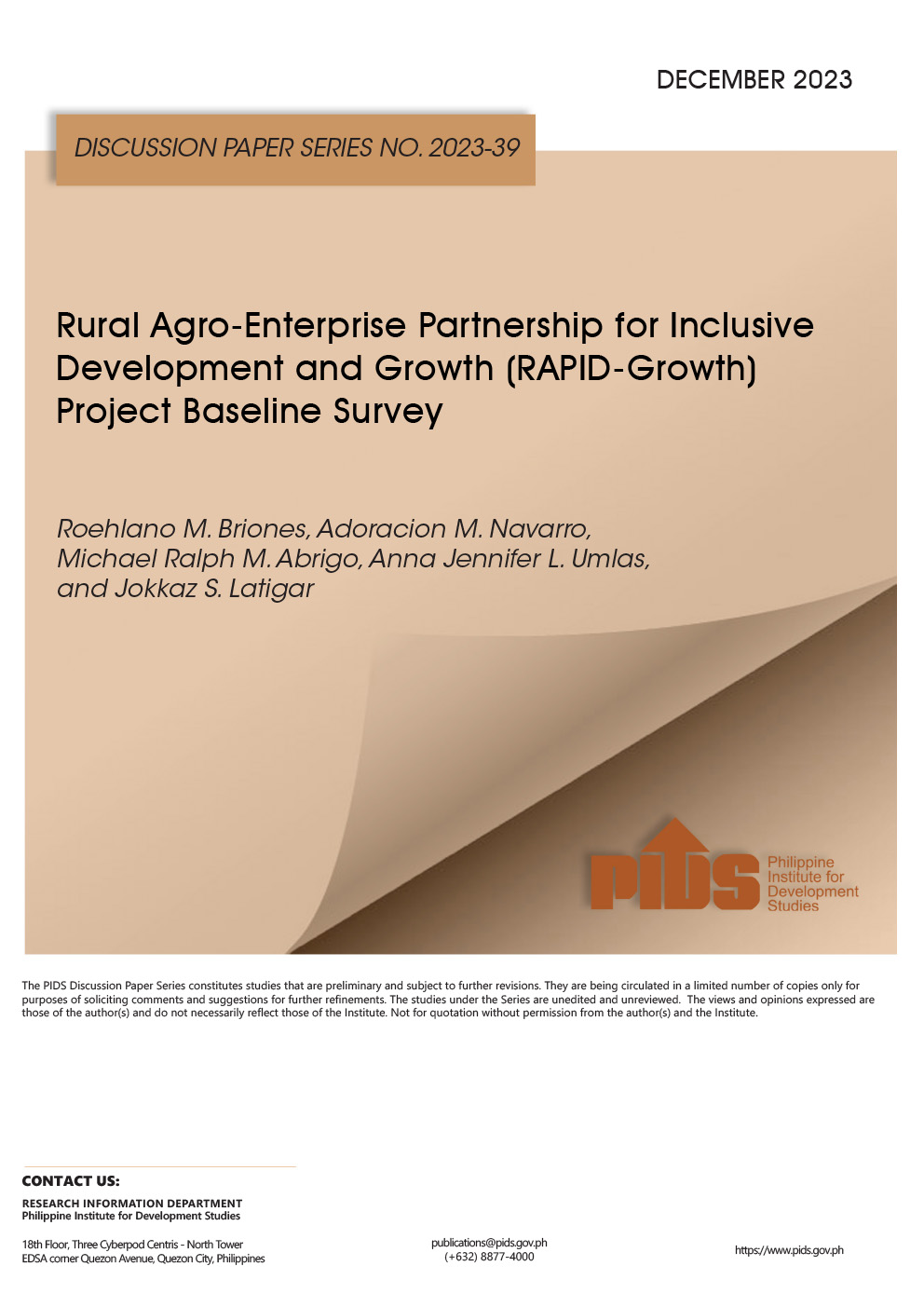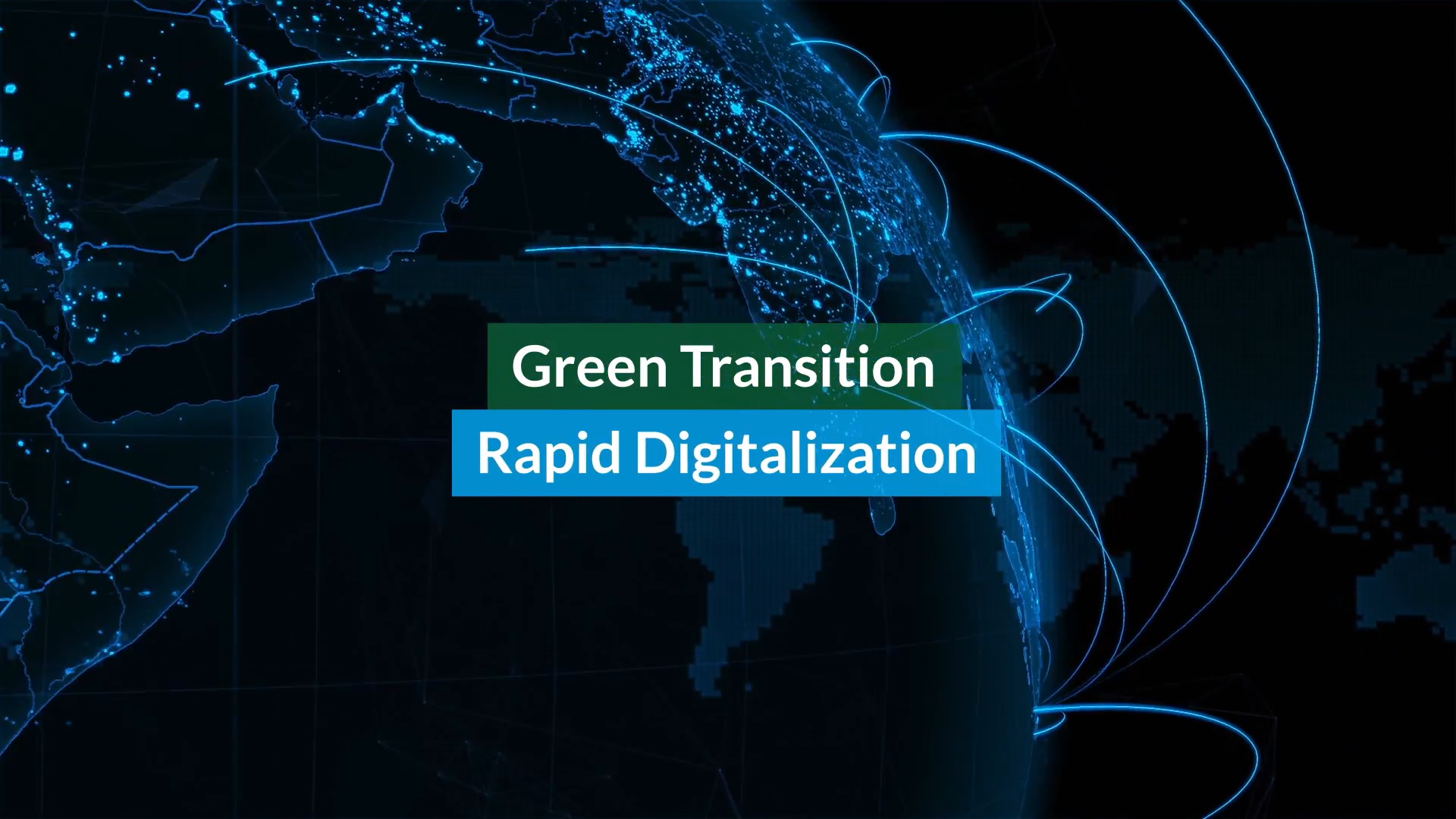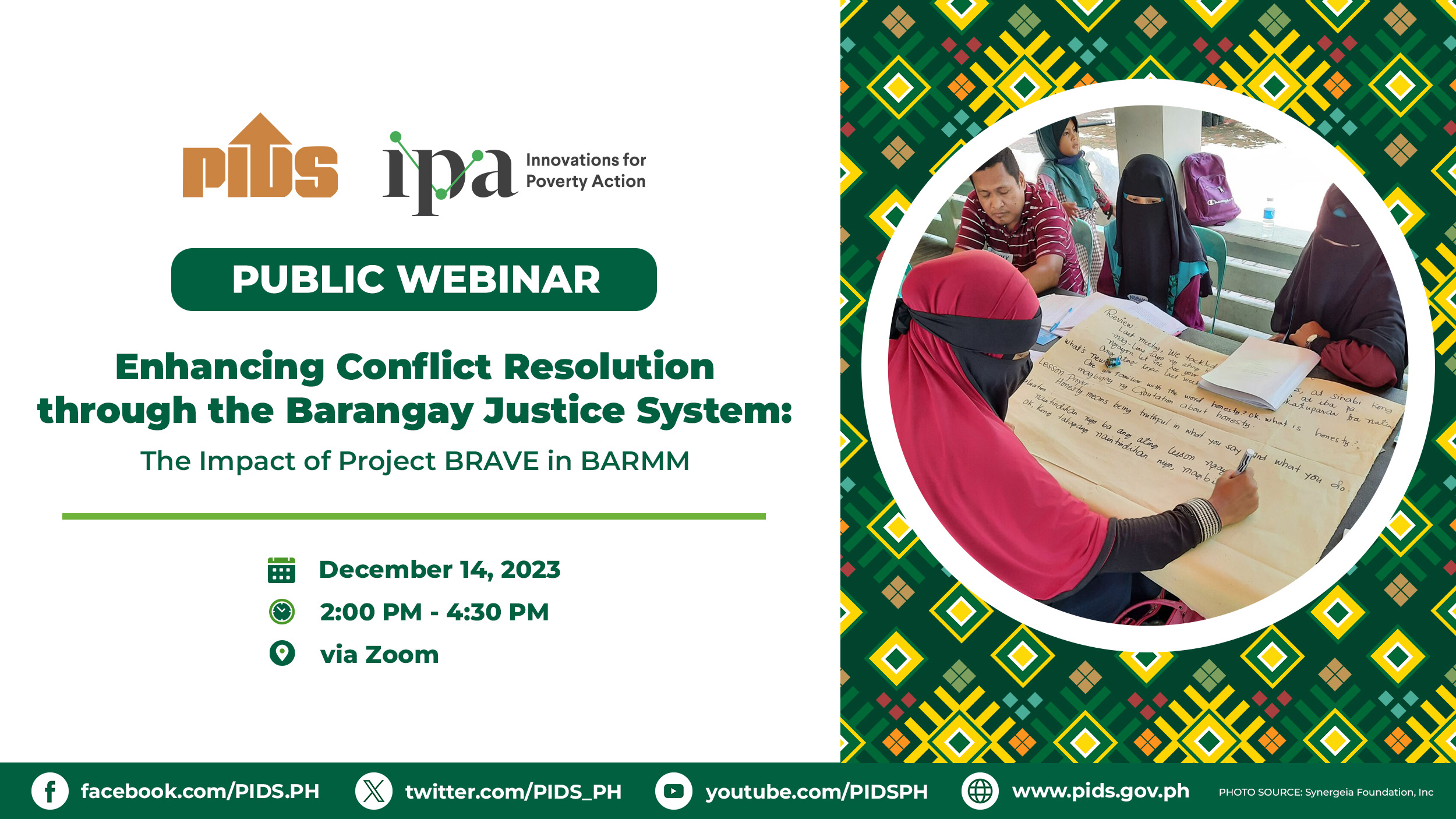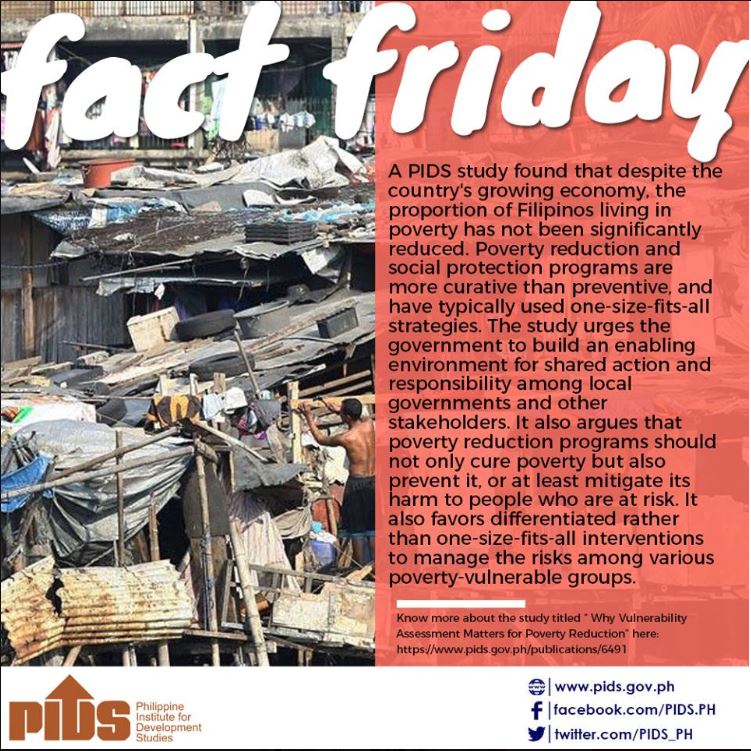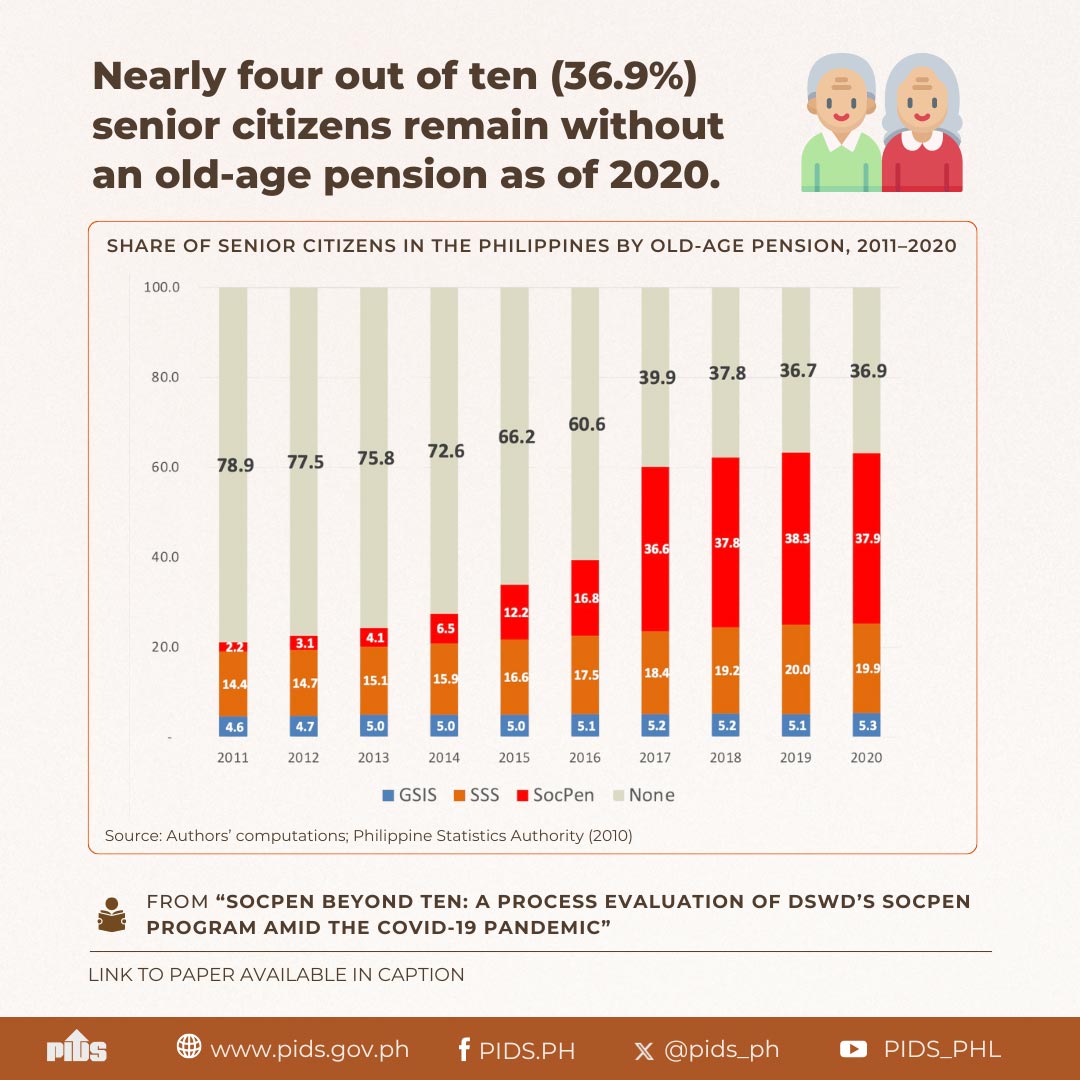Impact evaluation in the Philippines is getting a boost with the government, the International Initiative for Impact Evaluation or 3ie, and the Asian Development Bank (ADB) ready to pour in more resources to evaluating development programs.
In a press briefing on Day 1 of the `Making Impact Evaluation Matter` international conference being held in Manila, Socioeconomic Planning Secretary Arsenio Balisacan said the Philippines is now among many developing countries utilizing impact evaluation to assess what development programs have been effective in addressing poverty reduction.
This year, the government has released PHP 300 million for process assessment and impact evaluation to be spearheaded by the Philippine Institute for Development Studies (PIDS), the state policy think tank. The government plans to budget more or less the same amount for next year, the Cabinet official bared.
`It is important to find out what programs have been effective,` Balisacan, who is also chairman of the PIDS board of trustees, told reporters on Wednesday, Sept. 3.
The international conference, the first of its kind to be held in Asia, is organized by the Asian Development Bank (ADB), 3ie, and PIDS, and runs until Sept. 5 at the ADB headquarters.
PIDS President Gilberto Llanto said the PHP 300 million would be spent on 22 studies covering irrigation, feeding programs, and motor vehicle taxation, among others.
On top of this, the Philippines will get PHP 170 million in funding from the Australian government through 3ie for impact evaluation studies, said Howard White, 3ie executive director.
`The 3ie through the support of the Australian government will contribute USD 3.9 million (PHP 170 million) for impact evaluations of government programs,` he said.
White said 3ie, a nonprofit that finances impact evaluations and systematic reviews, was committed to producing evidence on `what is effective, how, and why, but more importantly, at what cost.`
For its part, the ADB has pledged USD 5.5 million for 2013–2017 to finance technical assistance for all stakeholders and agencies involved in impact evaluation in the region, said Vinod Thomas, director-general of the ADB`s Independent Evaluation Department.
Balisacan pointed out that impact evaluations yield a high rate of return and provide evidence-based results for sound decisionmaking. Programs deemed to be beneficial may be expanded, while programs that have been underperforming may be reviewed or even terminated.
In a press briefing on Day 1 of the `Making Impact Evaluation Matter` international conference being held in Manila, Socioeconomic Planning Secretary Arsenio Balisacan said the Philippines is now among many developing countries utilizing impact evaluation to assess what development programs have been effective in addressing poverty reduction.
This year, the government has released PHP 300 million for process assessment and impact evaluation to be spearheaded by the Philippine Institute for Development Studies (PIDS), the state policy think tank. The government plans to budget more or less the same amount for next year, the Cabinet official bared.
`It is important to find out what programs have been effective,` Balisacan, who is also chairman of the PIDS board of trustees, told reporters on Wednesday, Sept. 3.
The international conference, the first of its kind to be held in Asia, is organized by the Asian Development Bank (ADB), 3ie, and PIDS, and runs until Sept. 5 at the ADB headquarters.
PIDS President Gilberto Llanto said the PHP 300 million would be spent on 22 studies covering irrigation, feeding programs, and motor vehicle taxation, among others.
On top of this, the Philippines will get PHP 170 million in funding from the Australian government through 3ie for impact evaluation studies, said Howard White, 3ie executive director.
`The 3ie through the support of the Australian government will contribute USD 3.9 million (PHP 170 million) for impact evaluations of government programs,` he said.
White said 3ie, a nonprofit that finances impact evaluations and systematic reviews, was committed to producing evidence on `what is effective, how, and why, but more importantly, at what cost.`
For its part, the ADB has pledged USD 5.5 million for 2013–2017 to finance technical assistance for all stakeholders and agencies involved in impact evaluation in the region, said Vinod Thomas, director-general of the ADB`s Independent Evaluation Department.
Balisacan pointed out that impact evaluations yield a high rate of return and provide evidence-based results for sound decisionmaking. Programs deemed to be beneficial may be expanded, while programs that have been underperforming may be reviewed or even terminated.

